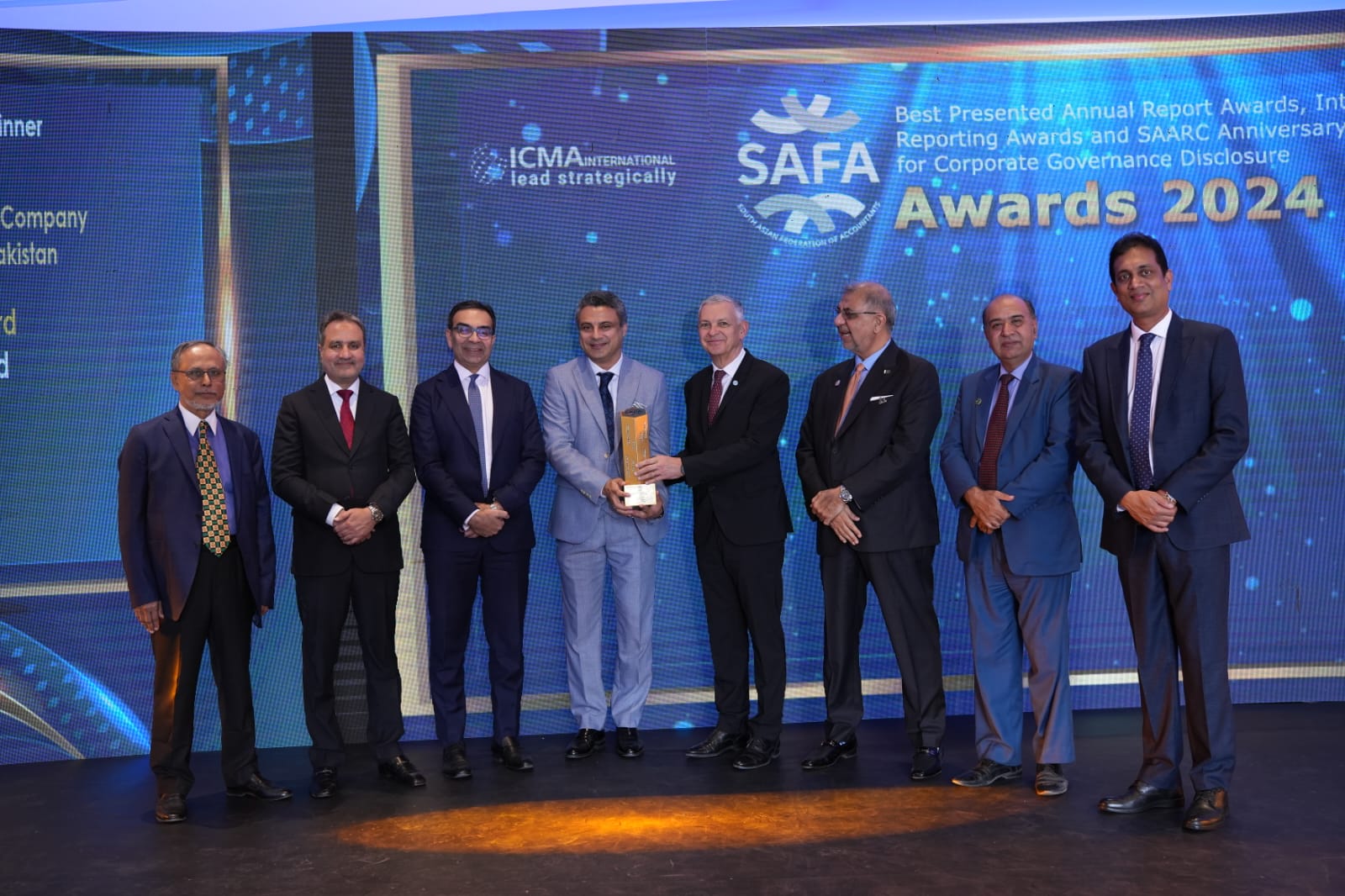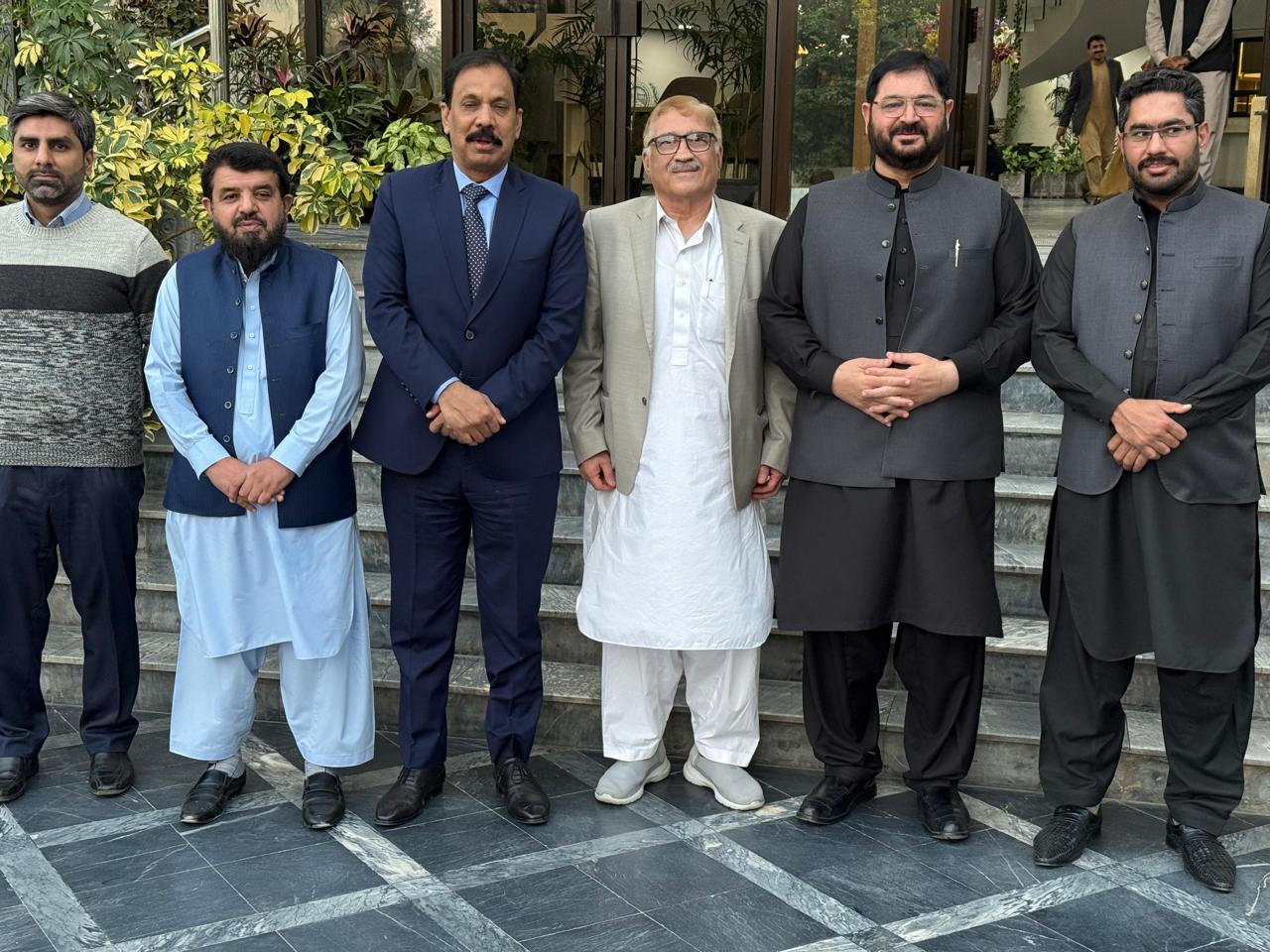
The recent developments concerning the International Center for Chemical and Biological Sciences (ICCBS) have stirred profound concern across Pakistan’s scientific community, the faculty of the University of Karachi, and globally renowned researchers. What appears, on the surface, to be a mere administrative adjustment or institutional restructuring carries implications far beyond a single center or university. Rather, it is intrinsically tied to the broader future of scientific research in Pakistan and the nation’s standing in the global academic landscape.
It is for this very reason that some of the world’s most distinguished scientists including Nobel Laureate Professor Jean-Marie Lehn have expressed deep apprehension, with Professor Lehn addressing a detailed and earnest letter to the Chief Minister of Sindh. His correspondence serves not only as a testimonial of scholarly significance but also as a principled voice advocating for the preservation of Pakistan’s scientific heritage and the autonomy of its premier research institutions.
Nobel Laureate praises ICCBS as a global ecosystem of scientific excellence
Professor Jean-Marie Lehn Chair of the Chemistry of Complex Systems at the Institute for Advanced Study, University of Strasbourg has visited ICCBS on several occasions. According to him, this institution is not merely a research facility; it is an ecosystem where world-class scientific inquiry materializes into tangible contributions.
In his letter, he noted unequivocally that ICCBS owes its stature not simply to its administrative structure or financial resources, but to over half a century of visionary leadership, scholarly direction, and institutional integrity cultivated under the stewardship of globally acclaimed scientist Professor Atta-ur-Rahman. According to the Nobel Laureate, separating ICCBS from the University of Karachi would not only be unnecessary but potentially detrimental, for the institution’s true strength lies in its deep and organic connection to the university.
Proposed bill raises concerns over donor-led control
The proposed bill envisions an independent, autonomous structure wherein a three-member search committee comprising two donor representatives and the Chief Minister of Sindh would appoint the Executive Director. Transparency, merit, and institutional autonomy are certainly essential in global research governance. However, in a center where decades of intellectual labor, thousands of trained scholars, and internationally earned academic credibility are at stake, granting decisive authority to private donors contributing barely one percent of the institution’s funding appears both disproportionate and administratively unsound. Professor Lehn cautioned that such a structure could shift the institution’s focus away from research excellence toward administrative entanglements, conflicts of interest, and competing power centers.
Karachi University faculty voices strong opposition
These concerns reverberated strongly during the emergency meeting of the Karachi University Teachers’ Society, where faculty members voiced intense dissatisfaction. They highlighted that the land, faculty, infrastructure, and academic legacy of ICCBS belong wholly to the University of Karachi, yet the university was neither consulted nor formally notified about the move to detach the center. Faculty members condemned this action as surprising, irregular, and ethically fragile, arguing that it runs counter to the fundamental academic principles upheld by leading universities worldwide. According to eminent professors, granting policymaking authority to one or two private donors undermines the historical identity and impartial scholarly tradition of ICCBS.
ICCBS flourished due to its integration with the University of Karachi
The faculty emphasized that the University of Karachi has consistently provided ICCBS with academic freedom, institutional support, and essential resources conditions under which the center has flourished into a globally recognized research powerhouse. Every significant achievement of ICCBS is rooted in its integration within the university’s broader academic framework. Detaching the center from its parent institution is akin to severing a tree from its roots: while relocation may appear feasible in theory, such trees often lose their vitality, fruitfulness, and expansive growth.
Professor Atta-ur-Rahman’s legacy remains central to ICCBS
It is also important to underscore the pivotal role played by Professor Atta-ur-Rahman, a globally respected scientist whose leadership has been instrumental in elevating ICCBS to international prominence. His scholarly vision, discipline, global networks, and academic foresight have shaped the institution’s trajectory. Without this continuity of mentorship and direction, ICCBS would not be what it is today. Professor Lehn, with utmost respect, urged that the preservation of this intellectual stewardship is indispensable for the coming generations of researchers.
Risk of long-term damage to Pakistan’s scientific reputation
Scientific progress is woven from delicate threads threads that are strengthened through persistent effort but can be weakened by a single imprudent decision. Around the world, universities take pride in their research centers and regard them as extensions of their academic identity. In such a context, detaching one of Pakistan’s most prestigious research centers from its parent university risks sending a troubling message to the international community that instead of strengthening our intellectual heritage, we are fragmenting it.
Teachers’ Society mobilises to safeguard ICCBS autonomy
Scholars, scientists, and educationists are unanimous in urging the government to reconsider this decision. The Teachers’ Society has announced meetings with the Chief Minister, press briefings, and outreach to various stakeholders to communicate the gravity of the issue. They seek assurance that the future of this institution will not be jeopardized by an experiment whose consequences may be far-reaching and irreversible.
A crucial moment for Pakistan’s scientific legacy
What is needed at this critical juncture is a recognition that this matter is not a routine administrative adjustment but one deeply intertwined with Pakistan’s scientific legacy, academic dignity, and global reputation. When even Nobel Laureates deem it necessary to voice concern, prudence, consultation, and transparent decision-making become imperative.
ICCBS stands as a symbol of national scientific aspiration
ICCBS is not merely a research center it is a symbol of Pakistan’s scientific aspiration, its tradition of inquiry, and its academic honor. To sever it from its roots may appear to be a straightforward bureaucratic step, but in truth, it could alter the landscape of scientific enlightenment for generations to come. For the government, universities, researchers, and all responsible stakeholders, this moment is decisive: the identity, prestige, and institutional stability of this center must be safeguarded with utmost commitment.
Read more expert opinions here: https://thepublicpurview.com/category/blog/
For more stories and insights, visit The Green Post





